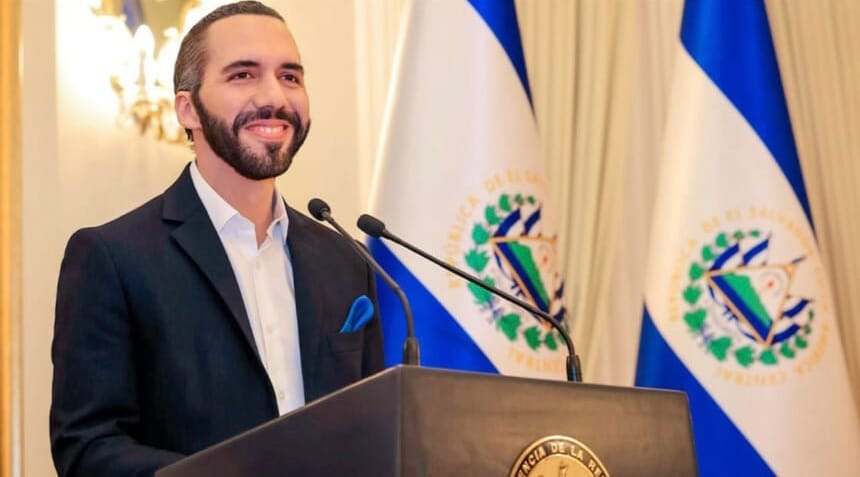El Salvador Doubles Down on Bitcoin Amidst IMF Deal

El Salvador has taken a bold step forward in its embrace of Bitcoin, accelerating its Bitcoin acquisitions just a day after striking a deal with the International Monetary Fund (IMF). This move not only underscores the nation's commitment to Bitcoin but also navigates the tricky waters of international finance and economic policy.
The country, which made headlines by becoming the first to accept Bitcoin as legal tender, added 11 BTC to its reserves on December 19, signaling a significant shift from its previous "1 Bitcoin a day" strategy. It marked a deliberate acceleration in Bitcoin accumulation, which before this recent acquisition El Salvador held over 6,000 BTC.
Navigating IMF Stipulations
Despite the agreement with the IMF, which is generally cautious about cryptocurrencies, El Salvador has not backed down from its crypto ambitions. The IMF deal stipulates that El Salvador must dial back on some of its government-led crypto initiatives. This includes making Bitcoin acceptance by businesses optional rather than mandatory and limiting tax payments to US dollars only. Moreover, the Chivo wallet, a state-backed platform for Bitcoin transactions, is set to be wound down and discontinued. Yet, these concessions do not appear to deter El Salvador's broader vision for a Bitcoin-centric economy.
El Salvador's strategy now seems to be focusing on fostering a private sector-driven Bitcoin ecosystem alongside continuing to accept Bitcoin as legal tender. The country will expand its efforts to enhance Bitcoin capital markets, educational outreach, and support for private Bitcoin wallets. This approach aims to cultivate a robust environment where Bitcoin can thrive, even under the watchful eyes of international financial regulators.
The nation's persistence in Bitcoin adoption comes at a time when global interest in cryptocurrencies is peaking, particularly with the upcoming administration changes in the US. Donald Trump's expressed interest in establishing a strategic Bitcoin reserve has sparked conversations worldwide about the role of Bitcoin in national reserves. This global curiosity is mirrored in actions by other countries; for instance, Brazil has floated the idea of allocating a portion of its treasury to Bitcoin, while Russia and Poland have seen similar discussions among their policymakers.
El Salvador's journey with Bitcoin has been one of pioneering spirit mixed with pragmatic adjustments. The country's latest moves to accelerate Bitcoin buying while adjusting to IMF guidelines reflect a nuanced strategy to balance financial innovation with economic stability. By not only maintaining but intensifying its commitment to Bitcoin, El Salvador is positioning itself as a leader in cryptocurrency adoption, potentially influencing how other nations might navigate their own paths in this digital financial frontier.
This strategic pivot could serve as a model for other countries contemplating similar integrations of cryptocurrency into their economic systems, showing that it's possible to marry traditional financial obligations with modern digital assets. As El Salvador continues to navigate these waters, the world watches closely, learning from both its successes and its adaptations.

